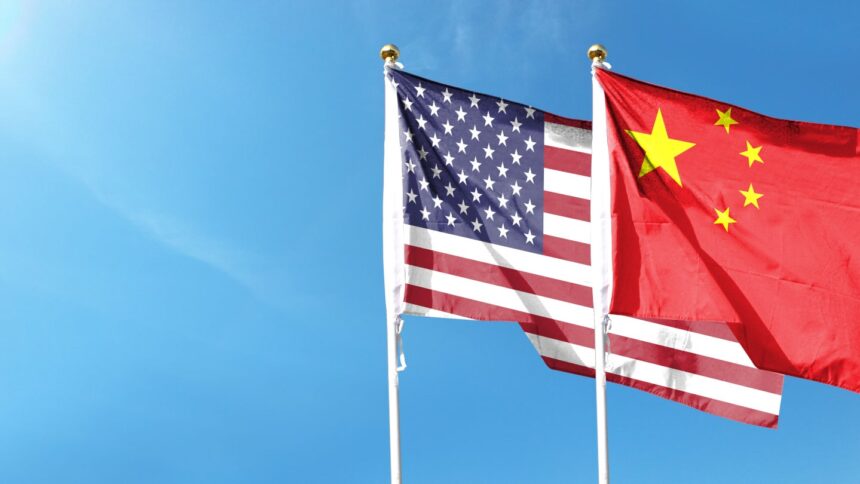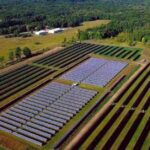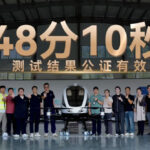Chinese battery giant CATL has indicated its interest in building a manufacturing plant in the US if President-elect Donald Trump eases restrictions on Chinese investment in the US EV supply chain. The company’s founder and chairman, Robin Zeng, expressed this possibility in an interview with Reuters, raising hopes for a shift in US trade policy that could accelerate the country’s transition to clean energy.
Zeng mentioned that when CATL initially sought to invest in the US, the government rejected the proposal. However, he remains open-minded about future opportunities. This development comes at a time when trade barriers imposed by both US political parties have hindered Chinese EV and battery firms’ access to the market. These restrictions have been justified on competitive and national security grounds, leading to tariffs and exclusion from consumer EV subsidies.
Despite facing significant challenges in the US market, CATL is considering the option of establishing a manufacturing plant in the country. Zeng expressed optimism about potential investment opportunities in the future, emphasizing the importance of open-mindedness from US authorities. President-elect Donald Trump has also shown a willingness to encourage foreign companies to manufacture vehicles in the US, which could create opportunities for CATL’s expansion.
Currently, CATL’s involvement in the US market is limited to battery production licensing agreements. For instance, Tesla has entered into a licensing deal with CATL for battery production in Nevada, set to commence in 2025. This agreement allows Tesla to focus its capital on AI and autonomous vehicles, while CATL continues to supply batteries for Tesla’s Shanghai factory.
Zeng, who has had discussions with Tesla CEO Elon Musk, shares Musk’s vision for AI-powered autonomous vehicles. However, he criticized Musk’s reliance on the 4680 cylindrical batteries, describing it as a flawed approach due to electrochemical challenges. Zeng also highlighted Musk’s tendency to set unrealistic timelines for new technologies, like self-driving cars, suggesting that development timelines often exceed Musk’s two-year predictions.
In conclusion, CATL’s potential investment in a US manufacturing plant reflects a broader shift in the EV supply chain landscape. As the industry evolves, collaboration between international players like CATL and US authorities could drive innovation and contribute to the growth of clean energy technologies.





